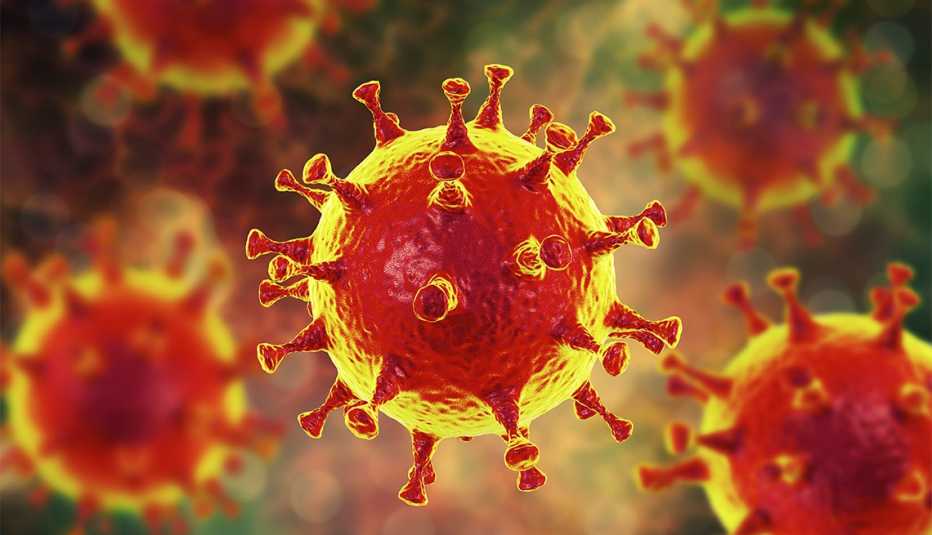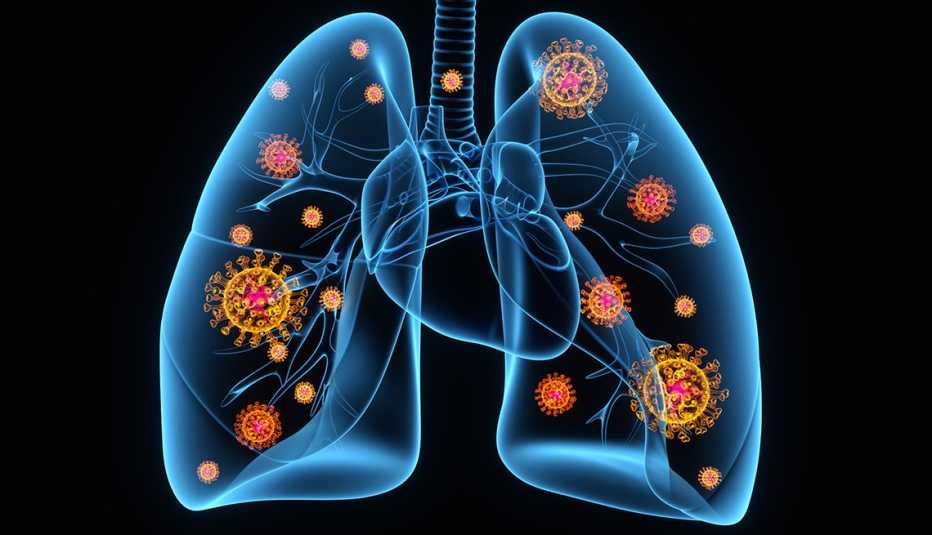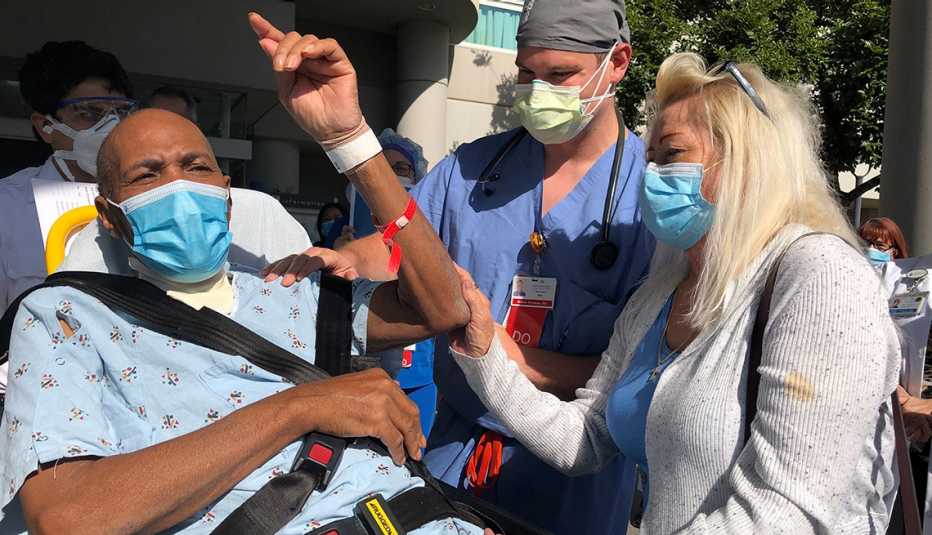Staying Fit
If you've been diagnosed with COVID-19, it's important to alert your primary care physician. That may seem like a given, but with the increase in public testing sites and the ability of people with a mild case of the disease to recover at home, it's understandable why some patients forget to fill in their doctor. Others may neglect to share the info if they are consumed with unrelated health issues or suffer memory loss. And “some people find it stigmatizing and worry that people will avoid them” because of their diagnosis, says Ronan Factora, a staff physician at the Center for Geriatric Medicine at the Cleveland Clinic.
But your doctor needs to know if you've had COVID-19 because it could affect your health risks in the future, experts say. Even after some people recover from the disease caused by the new coronavirus, they “are left with ongoing health problems, long-lasting symptoms or organ dysfunction,” says internist David Aronoff, director of the Division of Infectious Diseases at Vanderbilt University Medical Center in Nashville. A study involving 143 patients in Italy, for example, found that 87 percent of people reported at least one lingering symptom of the illness; 55 percent had three or more persistent symptoms (such as fatigue, difficulty breathing, joint pain and chest pain) after recovering from COVID-19.


AARP Membership— $12 for your first year when you sign up for Automatic Renewal
Get instant access to members-only products and hundreds of discounts, a free second membership, and a subscription to AARP the Magazine.
And “for people who think they went through the disease unscathed,” Aronoff says, “we don't know if it impacts their risk for health problems later.” There's still a lot that doctors are learning about the new coronavirus, but several possible long-term repercussions are already on the radar screen.
Heart damage
Because severe COVID-19 is characterized by intense inflammation, a hyperactive immune response and markers of cardiac injury, doctors are concerned about the potential for long-term cardiac problems.
"COVID-19 can cause heart inflammation and heart failure — people can leave the hospital with new heart problems as a result of COVID-19,” Aronoff says. If you're predisposed to atrial fibrillation (AFib or AF), a quivering or irregular heartbeat, “it can worsen from infection with COVID-19,” he adds.
Granted, some of these risks aren't unique to COVID-19: Research has found, for example, that influenza can lead to complications such as myocarditis (inflammation of the heart muscle), heart attack and exacerbation of heart failure, while SARS (severe acute respiratory syndrome) has been linked to low blood pressure, heart rhythm abnormalities and heart attack.
What's different about COVID-19, however, is that people with the disease “have a propensity to develop blood clots — they can occur in the arteries and lead to heart attacks or strokes,” says Benjamin Singer, a pulmonary and critical care medicine specialist at Northwestern Memorial Hospital in Chicago. It's unclear how long that increased risk remains, Singer says, but if your doctor knows you've had COVID-19, he or she can better screen you for these cardiovascular conditions and possibly prescribe medications to protect your heart.



































































